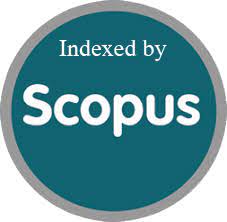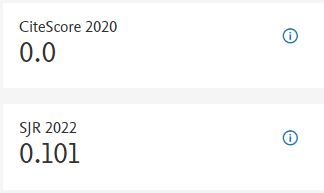Evidence Laws: An Analysis of the Principles Governing the Admissibility of Evidence in Court
DOI:
https://doi.org/10.7492/keabsn38Abstract
This research paper explores the principles governing the admissibility of evidence in court, focusing on the legal frameworks that dictate what evidence can be presented in legal proceedings. The paper begins with a brief overview of the history and types of evidence, including direct, circumstantial and hearsay evidence. It then delves into the key principles of evidence admissibility, such as relevance, reliability and fairness, which are essential for ensuring the integrity of the legal process. Through a detailed analysis of statutory and case law, the paper examines how these principles are applied in practice, highlighting the challenges and controversies that arise in the context of evidence admissibility.the paper offers a comparative study of evidence laws in different jurisdictions, shedding light on the complexities of cross-border legal proceedings. The research concludes with recommendations for improving evidence laws and their application, emphasizing the need for ongoing reform to address emerging legal challenges. The findings of this paper contribute to a deeper understanding of the critical role of evidence laws in the pursuit of justice.

















